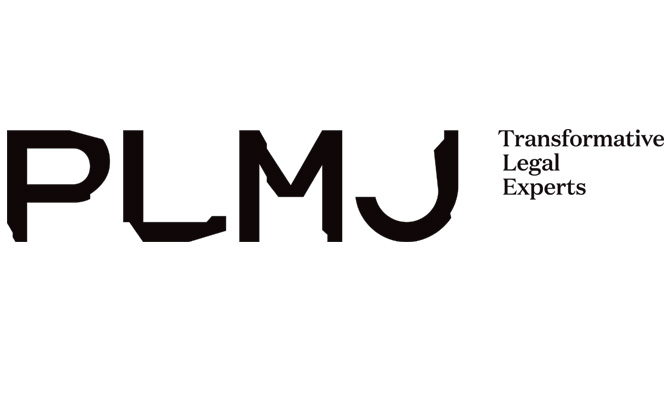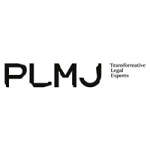As the European Union has made a commitment to becoming carbon neutral by 2050, member states are having to accelerate plans to modify the way people, goods and services are sourced, produced, transported and consumed, to significantly reduce the greenhouse gases (GHG) emissions. Portugal has already made public its road map for net zero in 2050, and the bulk of the efforts are front loaded in the few years remaining to 2030. A significant part of the effort has to be made in transportation, which accounted for about 28% of emissions in 2019, of which 95% are caused by road transportation. In order to achieve the target for the sector of 40% emissions reduction by 2030, significant action will have to be taken on several fronts, and the country is already acting.
The first major component of the change is the increase in investment in public transportation in metropolitan areas. New metro lines in Lisbon and Porto are under construction or already have funds appropriated in the national Resilience and Recovery Plan (RRP), which has been approved under the Next Generation EU programme. Investment in the bus fleets is also under way in the metropolitan areas, both to increase the frequency and coverage of public transportation services and to acquire electrical or low emissions vehicles. Soft mobility investments in bike lanes and shared bikes schemes are also being undertaken. Portugal is the largest producer of bicycles in Europe and has recently grown the manufacture of e-bikes, so the investments are also favouring local industry. The same is actually happening in respect of the manufacturing of electrical vehicles (EV) and fuel cell buses.
The second component is about increasing the penetration of EVs in Portugal. Favourable taxation in the acquisition and ownership of EVs and significant investment in charging capacity (Portugal is the fourth country in Europe in terms of density of chargers) means that EVs and plug-in vehicles already account for almost 40% of sales and represent a higher share of sales than diesel vehicles. Chargers are deployed by the market operators, but public investment is planned in low-traffic and low-income areas.
The third component is about a significant investment in railway lines and rolling stock. Portugal is known for its network of modern highways but has neglected investment in railways. As a result, the share of railway in total transportation is negligible, and a large increase in investment is required to improve the reliability and capacity of the existing network. A significant level of public investment in railway lines is underway and is planned until 2030. This includes improving freight capacity, with a particular attention to the connections to Spain. About €10bn of investment is planned in the period, including an €800m investment in rolling stock.
‘While Portugal has one of the highest penetrations of renewables, significant investment will have to be made to meet the increased demand in the country.’
Pedro Siza Vieira, PLMJ
Long distance and international rail operations are liberalised in Portugal, and currently all freight operators are private. As a result, a significant part of these investments will come from the private sector. Moreover, the government has announced that a new high speed rail line between Lisbon and Porto will be built, and the substructure and superstructure will be procured by stretches, on a PPP scheme, based on availability payments. The intention is to call a tender by 2024.
Various challenges lie ahead to deliver on this ambitious plan. The need to increase the production, storage and distribution of electricity is very large. While Portugal has one of the highest penetrations of renewables, and production prices of photovoltaic electricity are among the lowest in the world, significant investment will have to be made to meet the increased demand in the country. This demand will stretch contractors and suppliers and will require expedited licensing processes to cope with the plans. At the time of writing, new legislation has been approved to that effect.
Another challenge relates to financing. Portugal has a significant track record in project financing infrastructure and energy ventures. Highways, windfarms, power plants or ports have all been privately financed in the last quarter of a century, and a vast ecosystem of consultants, financial institutions, multilaterals, lawyers and government officials have delivered on large and complex projects. However, the current context of increasing interest rates, high inflation and stretched capacity by contractors may make it more difficult to arrange finance and manage construction risk. This may also impact on the pace of delivery.
Nevertheless, these are exciting times. Perhaps the greatest advantage of the country these days is that it started its energy transition more than 25 years ago, and as a result it has abundant, clean and cheap energy. Its electricity grid and its engineers have learned to manage intermittence for a long time and are prepared for the challenge of a more electricity intensive economy. A carbon neutral economy and zero emissions transportation system for Portugal is not simply a plan – it is a reality in the making.
For more information, please contact:

Pedro Siza Vieira, Partner
PLMJ
Av. Fontes Pereira de Melo, 43
1050 119 Lisboa, Portugal
T: +351 213 197 300















